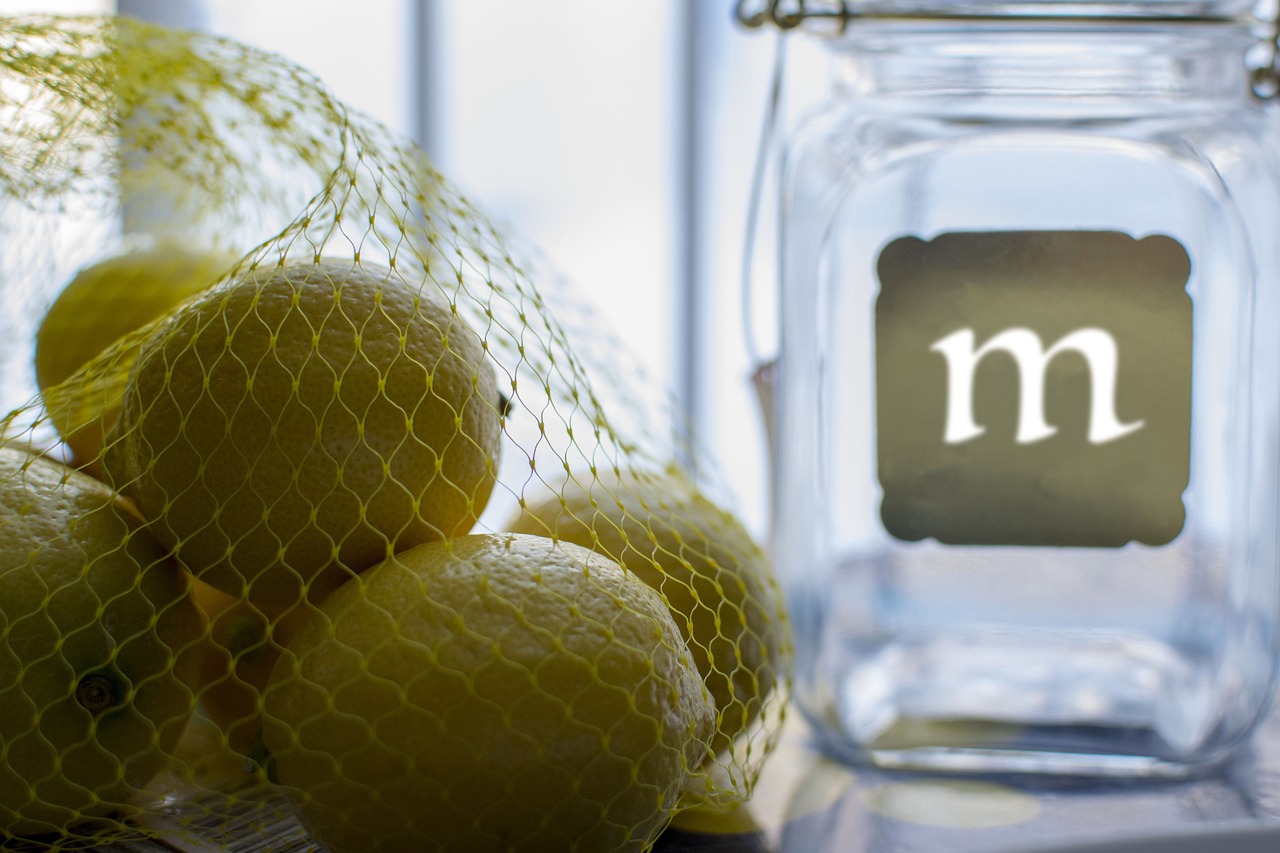Understanding the Benefits of Traditional Medicine in Health Maintenance
Traditional medicine, with its roots deeply intertwined in ancient practices and natural remedies, offers a holistic approach to healthcare. Many traditional medicines are derived from plants, herbs, and minerals, providing a natural alternative to synthetic drugs. These natural elements are often believed to work in harmony with the body, promoting overall well-being and vitality.
Furthermore, traditional medicine places a strong emphasis on preventive care, aiming to maintain health rather than just treat illness. Through practices such as acupuncture, herbal medicine, and massage therapy, traditional medicine seeks to balance the body’s energy flow and strengthen its natural defenses. By addressing imbalances and promoting healthy habits, traditional medicine can play a crucial role in enhancing one’s quality of life and preventing the onset of various diseases.
History of Traditional Medicine
Traditional medicine dates back centuries, rooted in the foundations of various ancient civilizations. Practices such as herbal remedies, acupuncture, and spiritual healing were prevalent in cultures worldwide. These healing methods were often passed down through generations, shaping the beliefs and practices of communities.
In different parts of the world, traditional medicine evolved in unique ways, reflecting the diverse cultural beliefs and philosophies of each society. From the Ayurvedic practices in India to the traditional Chinese medicine principles, the history of traditional medicine is a testament to the ingenuity and resourcefulness of human beings in seeking holistic health solutions.
Cultural Significance of Traditional Medicine
Traditional medicine holds significant cultural importance in many societies around the world. It is deeply rooted in the heritage and beliefs of communities, often passed down through generations. The practices and remedies of traditional medicine are not only seen as methods of healing, but also carry spiritual and symbolic meanings that connect individuals to their cultural identity and history.
In some cultures, traditional medicine plays a central role in important rituals and ceremonies, reflecting the interconnectedness of health and spirituality. These practices are often intertwined with cultural traditions and values, providing a holistic approach to health and well-being. By embracing traditional medicine, individuals can not only address physical ailments but also nourish their spiritual and emotional needs, fostering a sense of belonging and connection to their heritage.
• Traditional medicine is deeply rooted in the heritage and beliefs of communities
• Practices and remedies carry spiritual and symbolic meanings
• Connects individuals to their cultural identity and history
• Plays a central role in important rituals and ceremonies
• Reflects interconnectedness of health and spirituality
• Provides a holistic approach to health and well-being
• Addresses physical ailments while nourishing spiritual and emotional needs
• Fosters a sense of belonging and connection to heritage
What are some benefits of traditional medicine in health maintenance?
Traditional medicine can provide natural remedies for various health conditions, promote overall well-being, boost the immune system, and restore balance in the body.
What is the history of traditional medicine?
Traditional medicine has been practiced for centuries in various cultures around the world. It incorporates indigenous knowledge, cultural beliefs, and practices that have been passed down through generations.
What is the cultural significance of traditional medicine?
Traditional medicine plays a crucial role in preserving cultural heritage, promoting community cohesion, and maintaining spiritual connections. It also provides a sense of identity and belonging for many individuals and communities.







